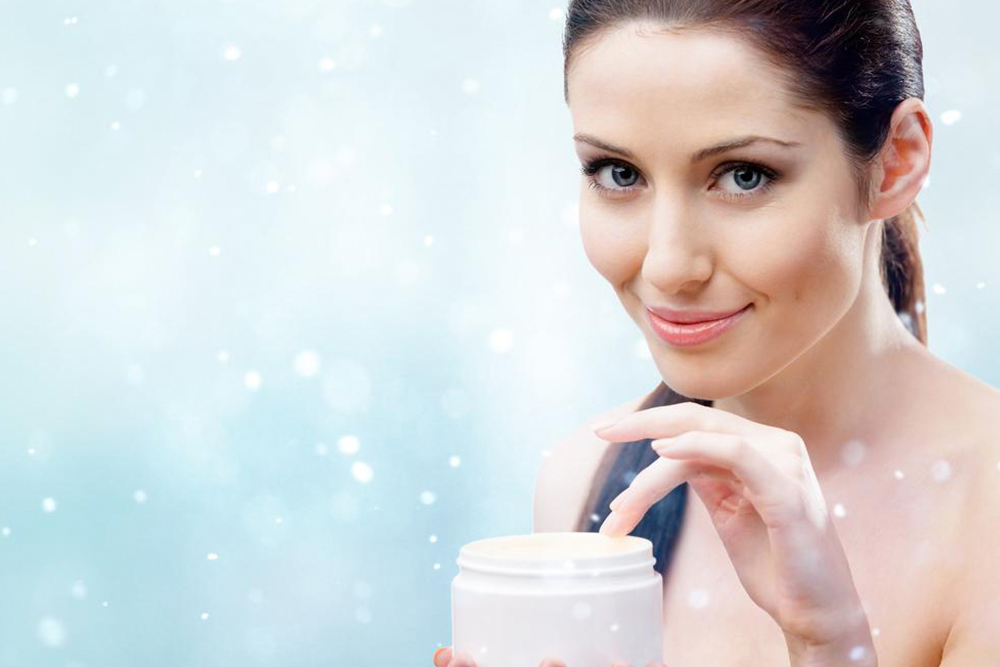Cosmetics, do’s and don’ts for winter Care
Winter is a particularly difficult time for the skin. The appearance and the feel of your skin changes during the cold in the winter season. The skin has an unpleasant feel to it and even causes itching and irritation.
Skin in winters
The skin usually turns drier, tighter, and flaky, with patchy white or red spots often seen on the neck, hand and other parts of the body.

Treatment
• Use body lotions which contain Eucerin and Curel. It helps heal the dryness and flaking. Use non-fragrant cosmetics which contain alpha hydroxy acids. They gradually exfoliate and moisturize the skin.
• Natural home remedies are one of the best ways to keep your skin hydrated and moisturized in winters. Natural face packs using papaya, milk and almonds, buttermilk and yogurt, glycerine, petroleum jelly, egg yolk and olive oil, honey and avocado, coconut oil, honey and lemon, sunflower oil, strawberries, bananas and raw milk and honey work wonders for your skin.
• Say no to soap since it includes antibacterial and deodorant-like qualities which are harsh for the skin and make it dry. A mild cleanser would be best.
• A hot shower sounds good in the winter but don’t soak it for more than ten minutes since it tends to damage the skin’s natural protective oils.
• Central heating and space heaters dry the skin more. Try using humidifiers instead.
• Choose natural silk, cotton or leather fabric as your attire in winters. Don’t skip drinking water to keep the skin go hydrated. One should also include foods which contain omega-3s such as walnuts, soybeans, flaxseed, salmon and broccoli.
• If you’re still finding it hard to deal with the dryness or if it persists for a long time, consult a dermatologist. There are chances of skin infections such as eczema or psoriasis.
With the above mentioned natural remedies, you can keep your skin glowing, soft and non-dry throughout the winter months without having the worry to repair your skin after the season is over.











